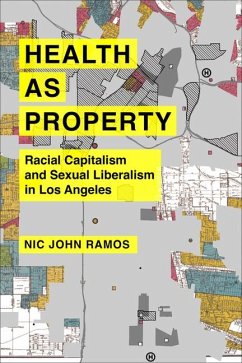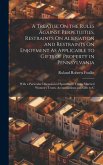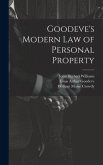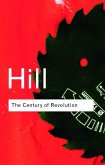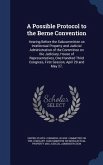Health as Property shows how responses to racism can be predatory, harmful, and dangerous to poor people of color. Nic John Ramos examines a Black-led academic medical center known as King-Drew that was built in response to the 1965 Watts Uprising. Forged by the political willingness of white voters to experiment with anti-poverty programs in poor neighborhoods of color, the health system's multiple missions represented the freedom dreams of civil rights, Black Power, welfare rights, and consumer rights activists in the 1960s and 1970s. However, during Los Angeles's rise as a global city in the 1970s and 1980s, white voters' desire to realize these dreams was curtailed by renewed narratives of health rooted in racist, sexist, homophobic, and transphobic ideas about poor people of color. Instead of working to combat the forces of racial and sexual capitalism underlying health inequality, a diverse group of liberal progressive leaders inverted the healthcare aims of King-Drew. Health as Property demonstrates how healthcare policy in America is both labor and real estate policy, and as such preserves health as the property of a select few.
Bitte wählen Sie Ihr Anliegen aus.
Rechnungen
Retourenschein anfordern
Bestellstatus
Storno

